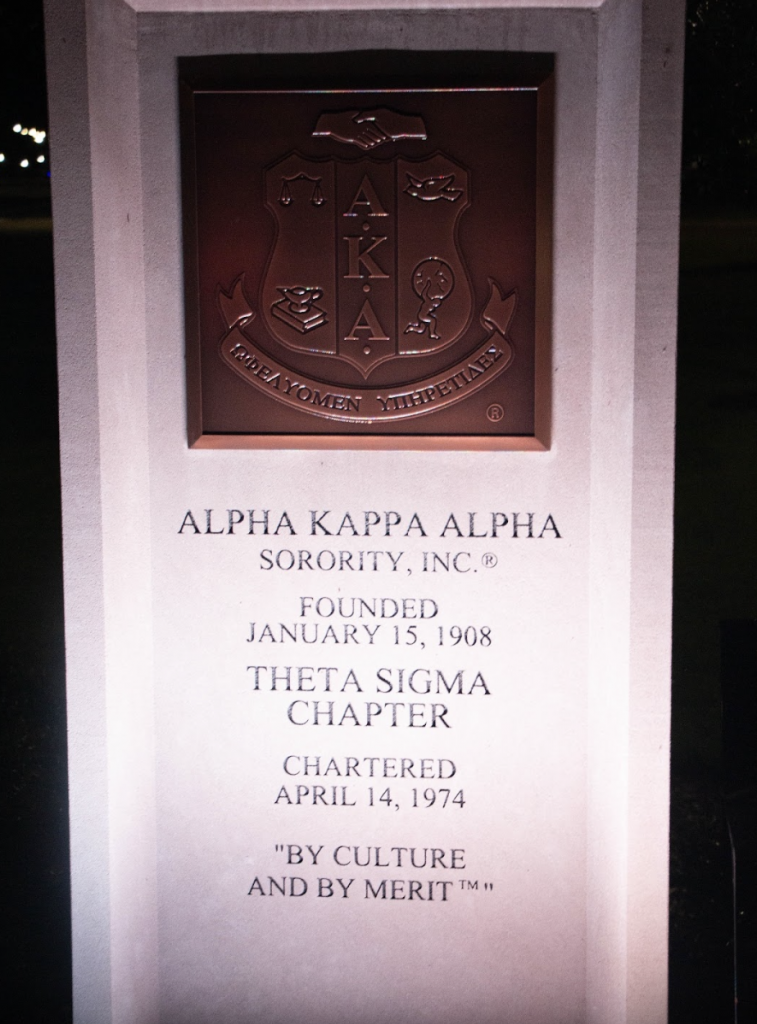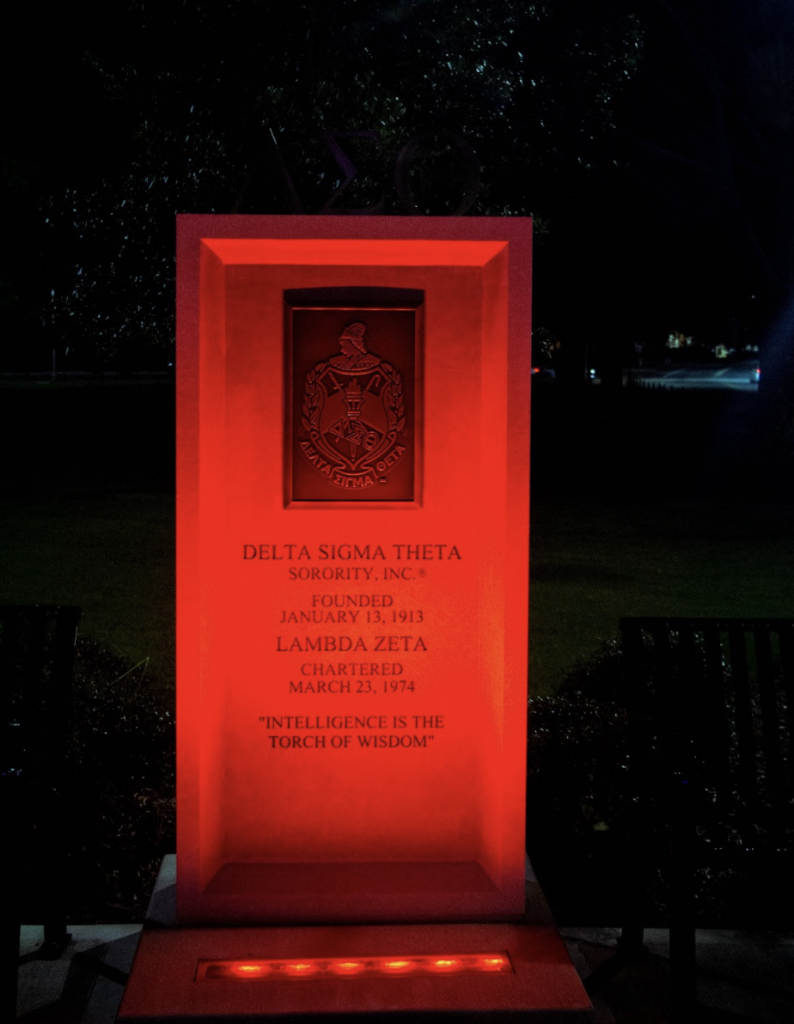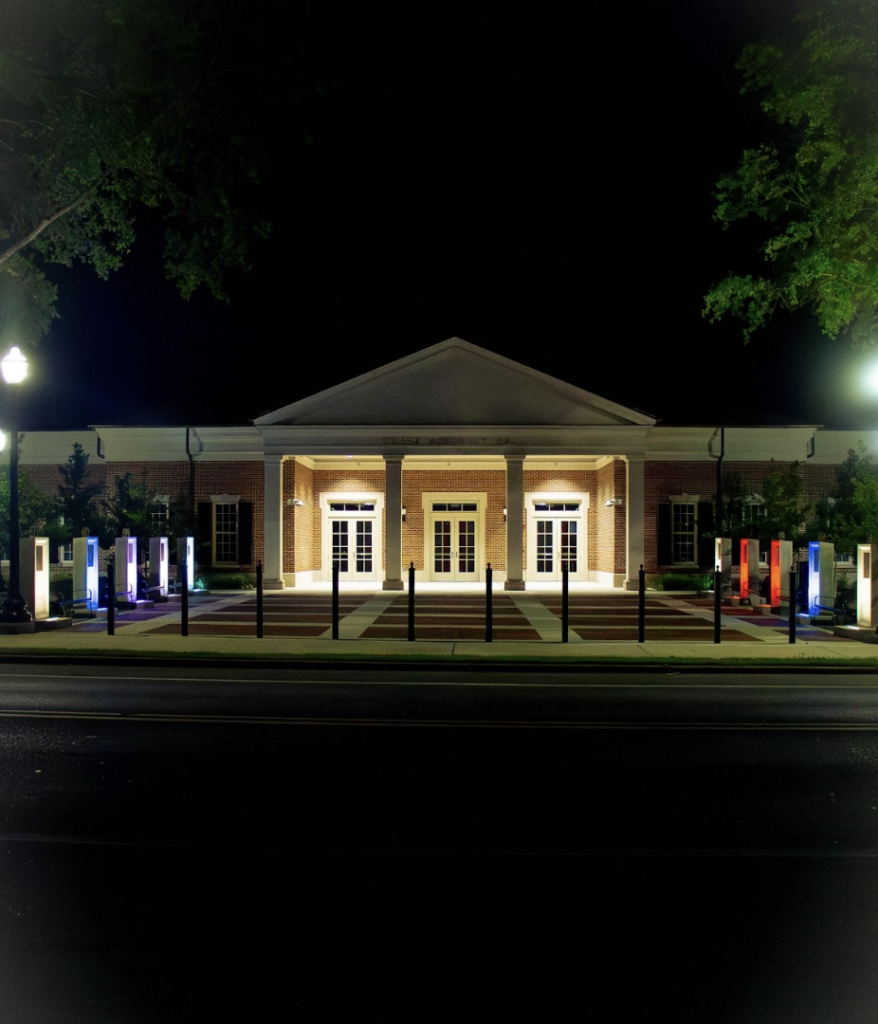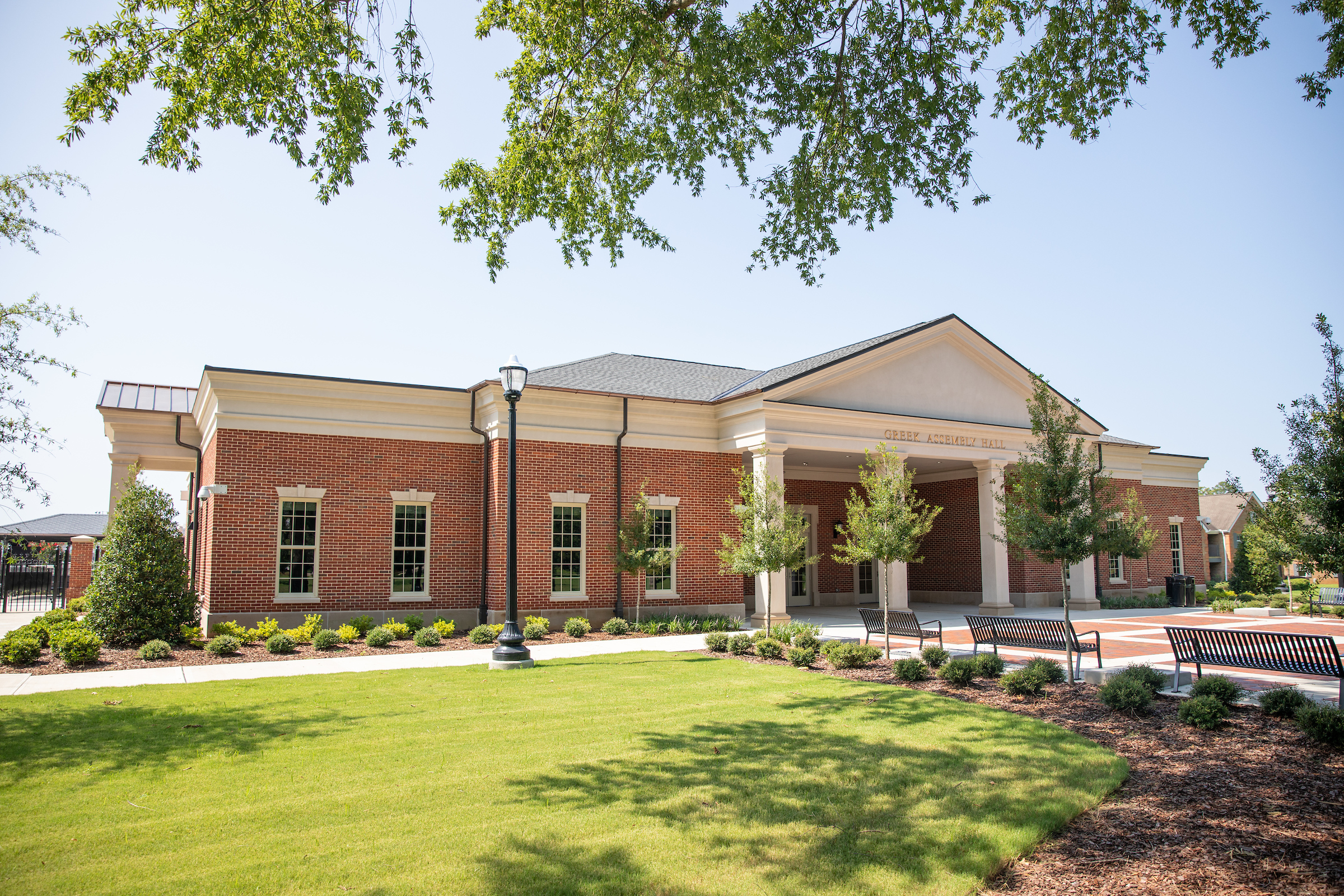By: Zion Williams, 2024 Cohort
Since their inception, Black student organizations, as well as National Pan-Hellenic Council Organizations (NPHC), across America have been used as a tool to cultivate social change across college campuses.
The foundation of these spaces is built upon the need to create inclusivity and equality. They seek to advocate for reform within academia, as well create safe spaces for the African American students.
Black student organizations have been at the forefront as creators of change, dating back to the Civil Rights Movement. They helped to organize protests against injustices and many of the key individuals were members of Black Greek organizations.
This can be traced to notable Black icons like Martin Luther King Jr., Congresswoman Shirley Chisolm, Congressman John Lewis and actress Hattie McDaniel. Black student organizations on college campuses help to provide safe spaces for African American students, for example at predominantly white institutions that have a need for these types of spaces.
“When Black Greek Letter Organizations truly operate following their founding missions, they create life-changing opportunities for personal development, campus involvement and community service and engagement,” said Khrystal Smith, associate vice chancellor for student engagement and retention initiatives at the University of South Carolina Upstate and member of Alpha Kappa Alpha.


Greek Assembly Hall at The University of Alabama.
Photos by Zion Williams
Both Black student and Greek organizations provide safe areas to expand conversations on various social issues surrounding the Black community, as well as social issues affecting students on campus.
Lisa Young, president of the Tuscaloosa County Branch NAACP, said it is critical that students of African American descent have places to connect and reflect.
Denying these spaces to students, she said, is detrimental to their development and is a form of discrimination in itself.
“I’ve always been a civic-minded individual,” Young said. “I’ve heard stories about having to deal with racial injustice and discrimination.”
During the Civil Rights Movement, organizations worked to dismantle hateful discriminatory policies and created communities that allowed and celebrated Blackness. In comparison to the demonization they experienced from some of their white peers, these organizations served as a place for the community to organize and heal – for example the Student Nonviolent Coordinating Committee (SNCC).
Black Greek organizations were involved at the height of the Civil Rights Movement, participating in various public demonstrations as well as supporting other civil rights organizations.
These organizations also had members changing things from the inside, dismantling harmful laws and creating policies that included every race. They embodied a spirit of unity during a time that was surrounded by division and harmfulness toward people of color.
“All nine NPHCs were founded during times where conditions for Black/African American people were less than ideal. Whether during the early 1900s or civil rights era of the 1960s, these organizations were created not only for fellowship but also as avenues to create advocacy and social change,” Smith said.
After the height of the Civil Rights Movement, Black student organizations and Greek life became more popular and an important way to foster a sense of community.

Greek Assembly Hall at The University of Alabama.
Photo by Zion Williams
“What I felt my sorority would offer would be a group of people who shared the same mission so that it would enhance my ability to impact my community,” said Young, who is also a member of Delta Sigma Theta.
Today, the Black Lives Matter movement can also be seen as a beacon of light through a period full of despair and darkness for Black students on college campuses. Taking matters into their own hands, students no longer waited around for change to happen and instead ignited a flame which resulted in a domino effect across campuses.
College campuses during the 2020 pandemic were the hub for social activism and various protests. The injustices taking place across the country angered these students so deeply. This led them to demand change.
“Membership is more than wearing letter shirts and posing for pictures,” Smith said. “It’s about rolling up your sleeves, joining forces and leveraging the privilege you have as a college-educated individual with access to certain resources to make life better for our communities.”
Looking to the future, Black student organizations continue to influence change and make their campuses feel safer. They become safe havens to discuss sensitive topics without scrutiny from their peers. It’s imperative that these discussions take place, otherwise unheard voices will remain silenced.
